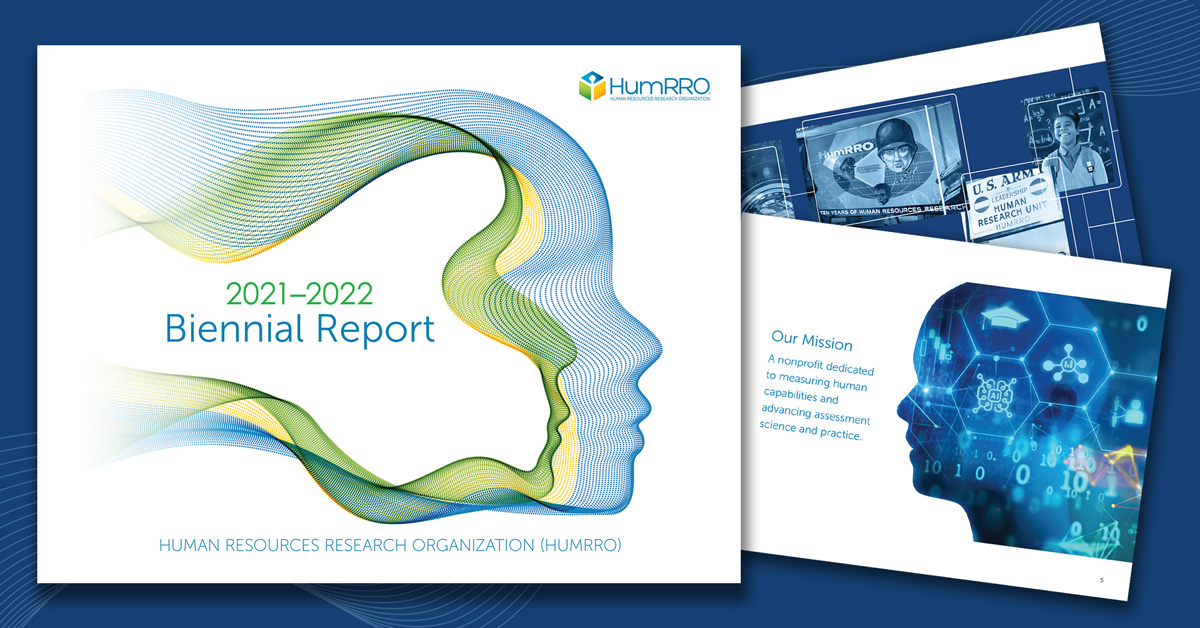In recent years, three words have been enthusiastically embraced by the talent management community: Skills-based hiring. The term generally refers to removing educational degree requirements from the hiring process while shifting the focus to skills. This sounds simple, but discussions of skills-based hiring often generate more questions than answers, including:
- What’s driving the focus on skills?
- How are skills defined?
- What could be lost by dropping degree requirements?
- What is the best way to assess the skills reflected in a college degree?
Introductions to the skills-based hiring perspective often generate the reaction, “That sounds great in theory, but how do I actually do it in practice?” To answer that question, we first examine some of the legal and cultural forces that gave rise to the skills-based hiring movement and then address the three other questions shared above.
Roots of the Skills-Based Hiring Movement
The current push toward skills-based hiring in the federal sector came three years ago through Executive Order (EO) 13932, Modernizing and Reforming the Assessment and Hiring of Federal Job Candidates. The EO’s language captures the spirit of skills-based hiring well by noting that “an overreliance on college degrees excludes capable candidates and undermines labor-market efficiencies.”
Similar trends have been observed at the state level, where governors from Virginia and Colorado recently joined those from eight other states in either removing or drastically reducing degree requirements from many state jobs. In the private sector, companies including Google, IBM, and Walmart have shifted away from a reliance on degrees and toward skills-based hiring. LinkedIn job posting data recently revealed that the percentage of job postings requiring a four-year degree fell from 20% in 2021 to 15% in 2022. This wasn’t a one-time aberration. Data analyzed by the Burning Glass Institute found that from 2017-2021, the share of online job posts requiring a degree dropped from 51% to 44%.
If both current best practices and research evidence seem to support a shift away from degrees toward skills during the hiring process, one critical question still seems unanswered: What exactly is a skill?
What are Skills, Anyway?
When referencing “skills,” people either define the term so broadly that it loses any real meaning or don’t attempt to precisely define it at all. Industrial-organizational (I-O) psychologists and other HR professionals often characterize skills under the umbrella acronym, “KSA,” which stands for knowledge, skills, and abilities, and represents the full constellation of personal capabilities needed to perform a job. Here, “knowledge” is typically defined as understanding a fact-based body of information, and “abilities” are conceptualized as relatively stable, innate qualities, such as intelligence and personality traits. In the KSA context, “skills” are defined much more narrowly, such as involving the use of tools, such as Power BI or Microsoft Excel, or capabilities that result from specific training, such as coding and prompt engineering. What people often attribute to “skills”—such as teamwork, interpersonal aptitude, conflict management, and self-control—would be considered abilities in the traditional KSA framework.
With this expanded definition of skills in mind, we now turn to a question that is often overlooked in discussion of skills-based hiring: When degree requirements are dropped, what information about a job candidate is potentially lost?
The Bachelor’s Degree: Soft Skills by Proxy
Across all majors and fields of study, it is useful to consider what skills a college degree confers. In other words, regardless of whether one’s major is aerospace engineering, English literature, music, or psychology, what do graduates leave the college experience able to do? In an insightful Harvard Business Review article, Joseph Fuller, Christina Langer, and Matt Sigelman argue that above all else, employers use college degrees as a proxy for soft skills such as teamwork, prioritization, relating to others, managing conflict, and navigating social situations. Supporting this assertion, the HBR researchers found that when employers dropped degree requirements, they frequently added more detailed requirements focused on soft skills to their job postings. Beyond soft skills, we would argue that possession of a college degree could also reflect a host of additional skills including motivation, learning orientation, resilience, and adaptability.
Of course, the argument that a college degree can faithfully serve as a proxy for the myriad skills noted above has clear weaknesses. At the same time, the perspective that the college experience does not enhance such skills is equally tenuous. So, all things being equal, it is reasonable to suggest that if a college degree requirement is dropped from the hiring process, it would be wise to consider how to measure some of the key skills employers hope are conferred through the college experience during the assessment process.
The challenge, as any assessment professional knows, is that the very same skills employers look for in college graduates are precisely the ones that can be the hardest to measure.
For one, self-report assessments of soft skills are transparently socially desirable and easy to fake—and even when people try to answer them honestly, subtle self-enhancements are probably operating (i.e., the person who honestly sees themselves as a “team player” but whose fellow team members would beg to differ). Moreover, employers also like to see how employees enact soft skills within their unique business context.
Considering all these issues, we have found that it takes careful planning when deciding to look beyond degrees during the hiring process. We have also found that scenario-based assessment is an excellent way to measure a variety of skills, especially soft skills. Below, are tips for organizations that are ready to explore options other than degree requirements but are not sure how to proceed.
So, You Want to Drop the Degree Requirement: What’s Next?
In a broad sense, the path toward an optimal skills-based assessment solution covers four broad domains: mapping a job’s key requirements, determining the optimal assessment strategy, implementing the solution, and conducting an ongoing, rigorous evaluation of the entire assessment process:
Expanding the Skills Movement Beyond Hiring
While thoughtful treatment of this expanded focus would require a separate blog, we offer a few closing thoughts about how organizations might start putting it into practice. Proactive efforts at the recruitment phase, particularly by creatively sourcing potential candidates through many outlets, are essential.
Beyond recruitment, organizations could even strive to “grow their own” by funding learning and development programs that directly target the skills they are seeking among applicants. In the Louisville, Kentucky area, two examples of such programs are KentuckianaWorks, which focuses on enhancing a variety of technical skills including coding, and the Leadership Louisville Center, which offers several experience-based, immersive programs designed to enhance leadership, teamwork, networking, and presentation skills.
By supporting such programs, and even helping design and launch them, organizations do more than grow the number of skilled workers among their applicant pool—they also help their communities grow as well.








